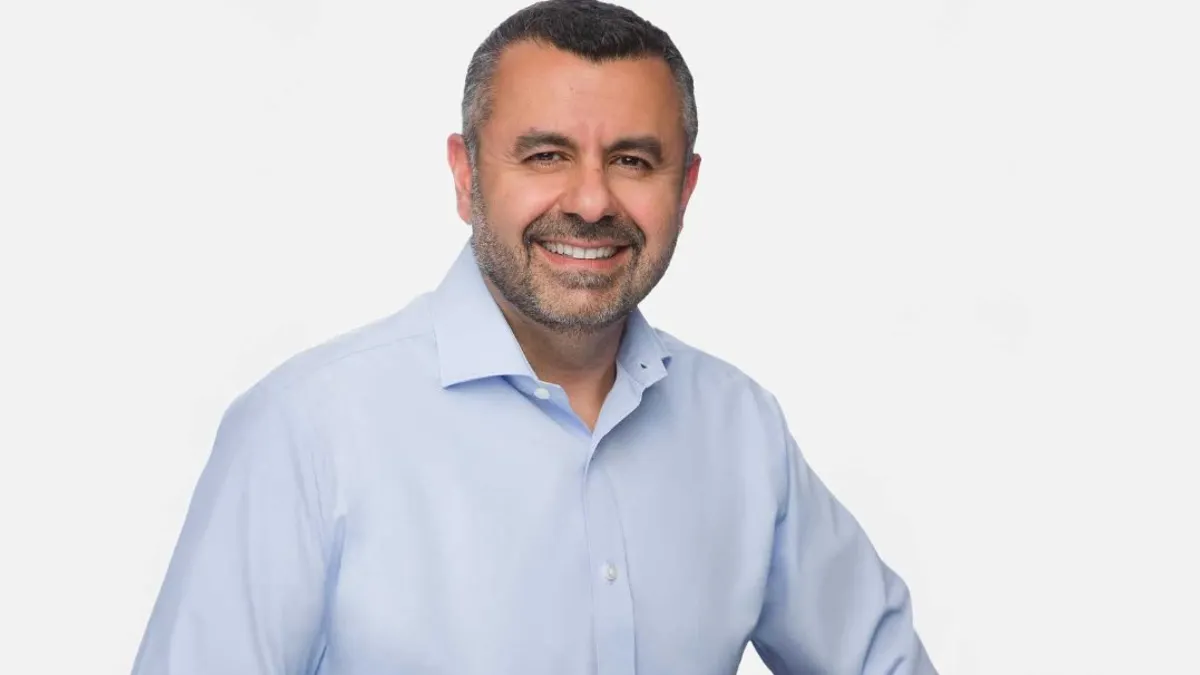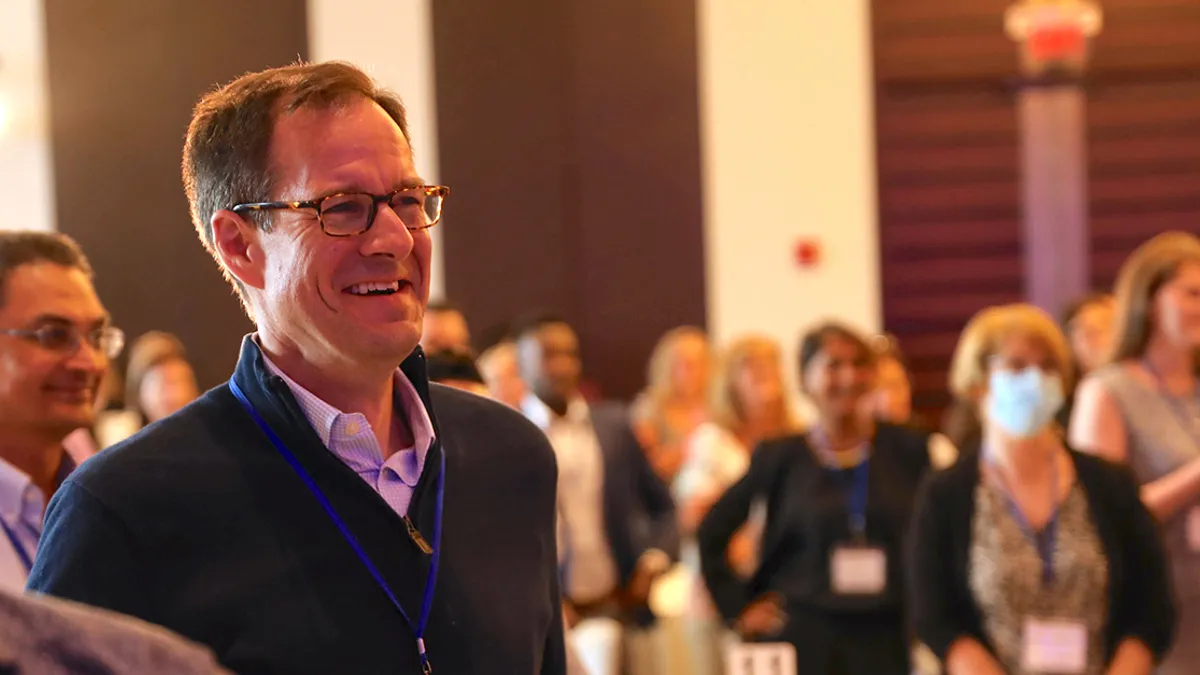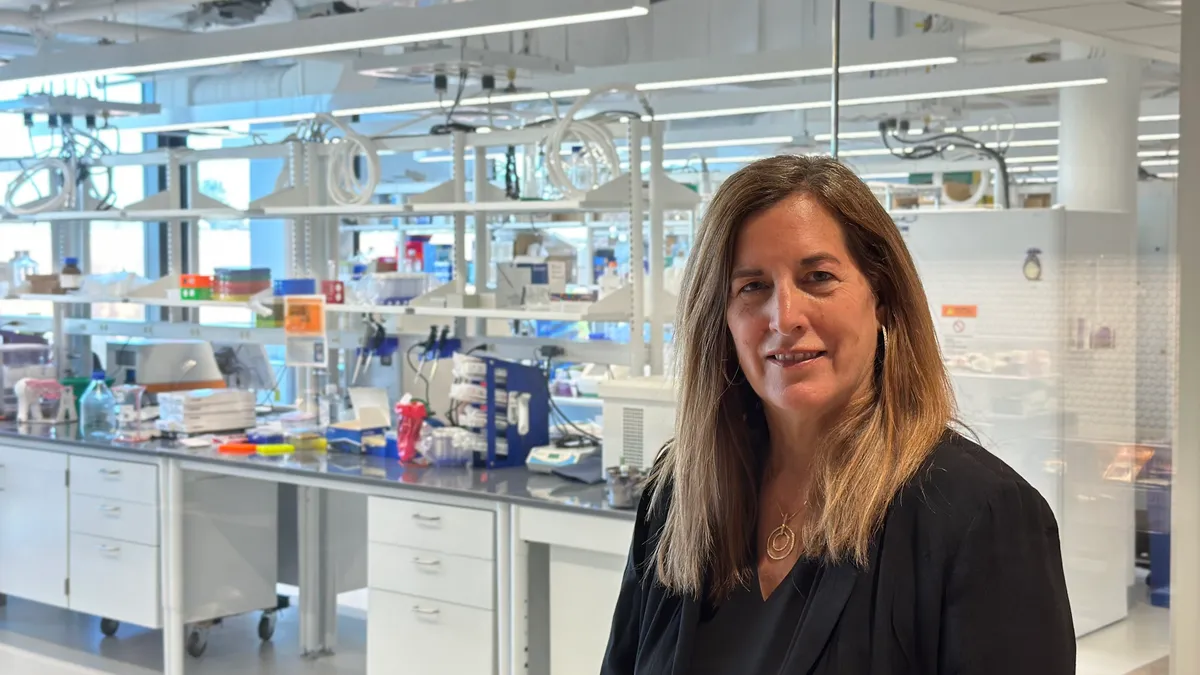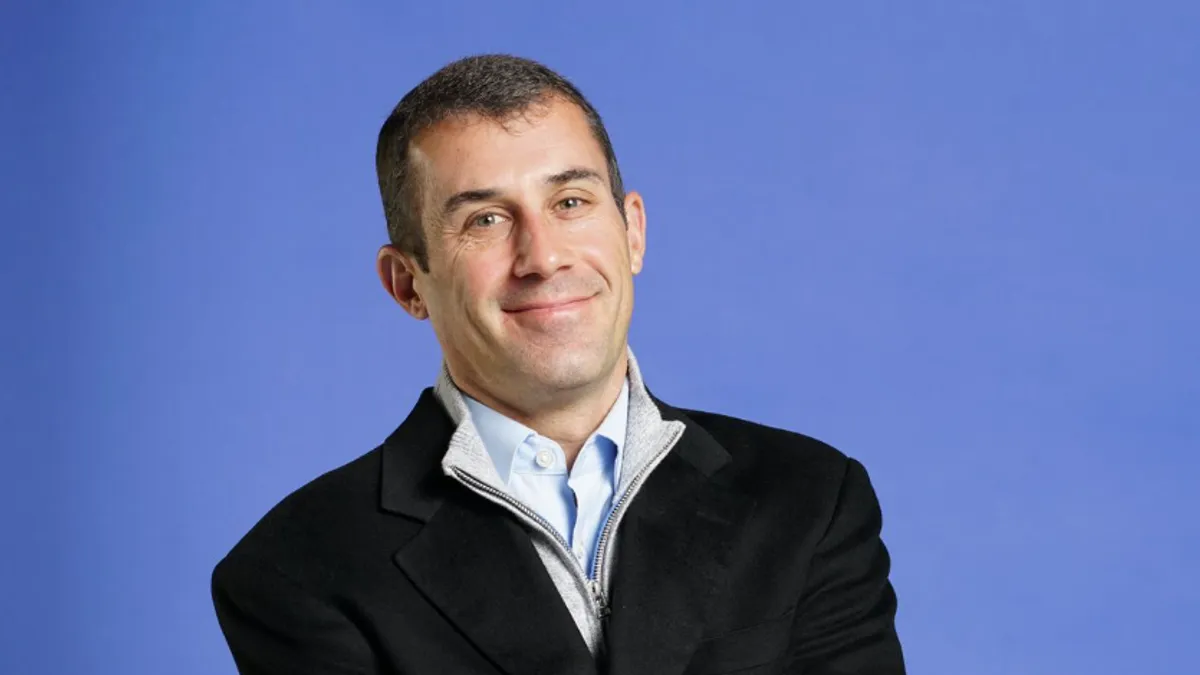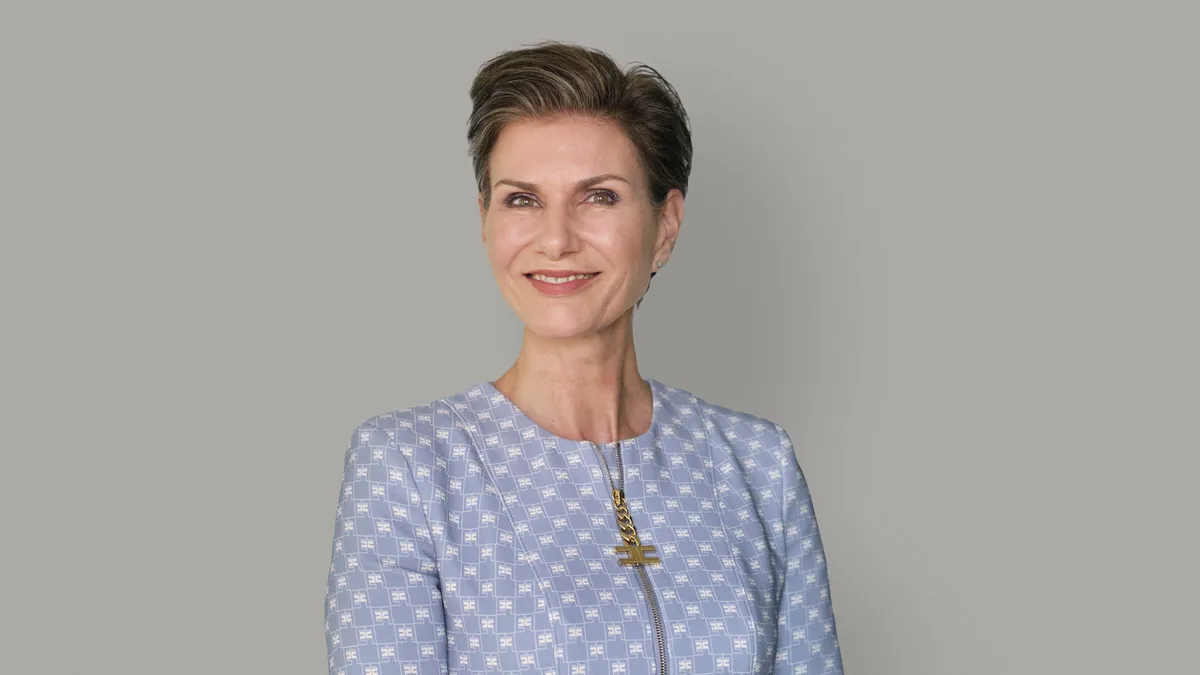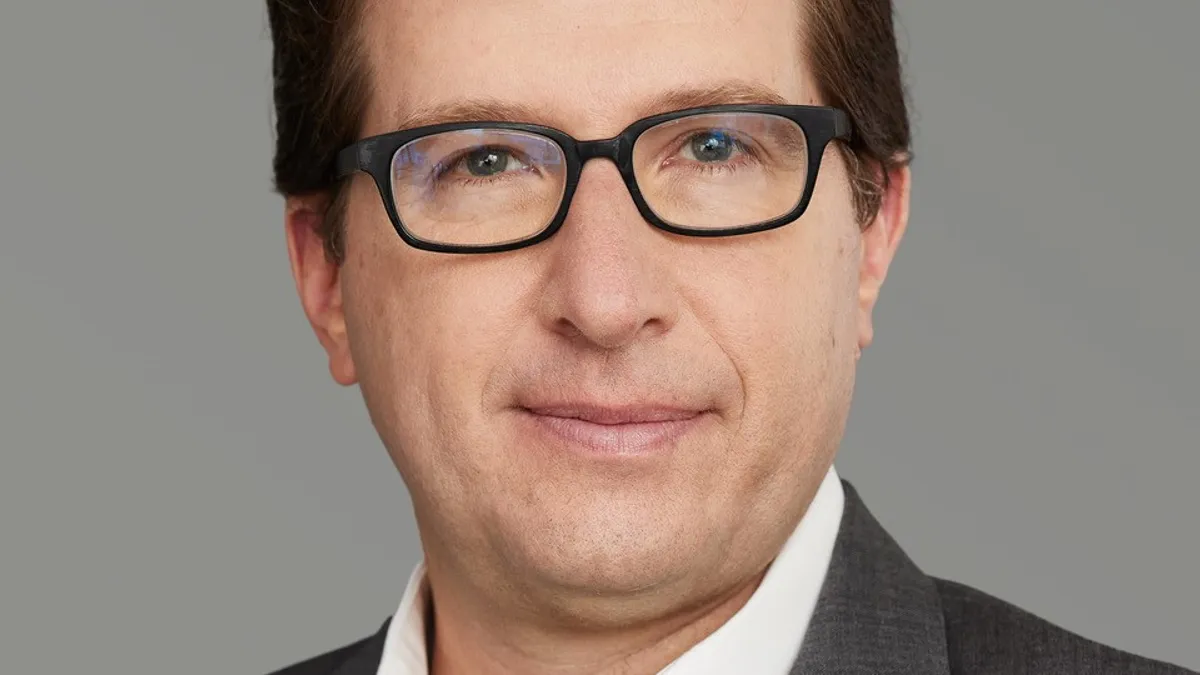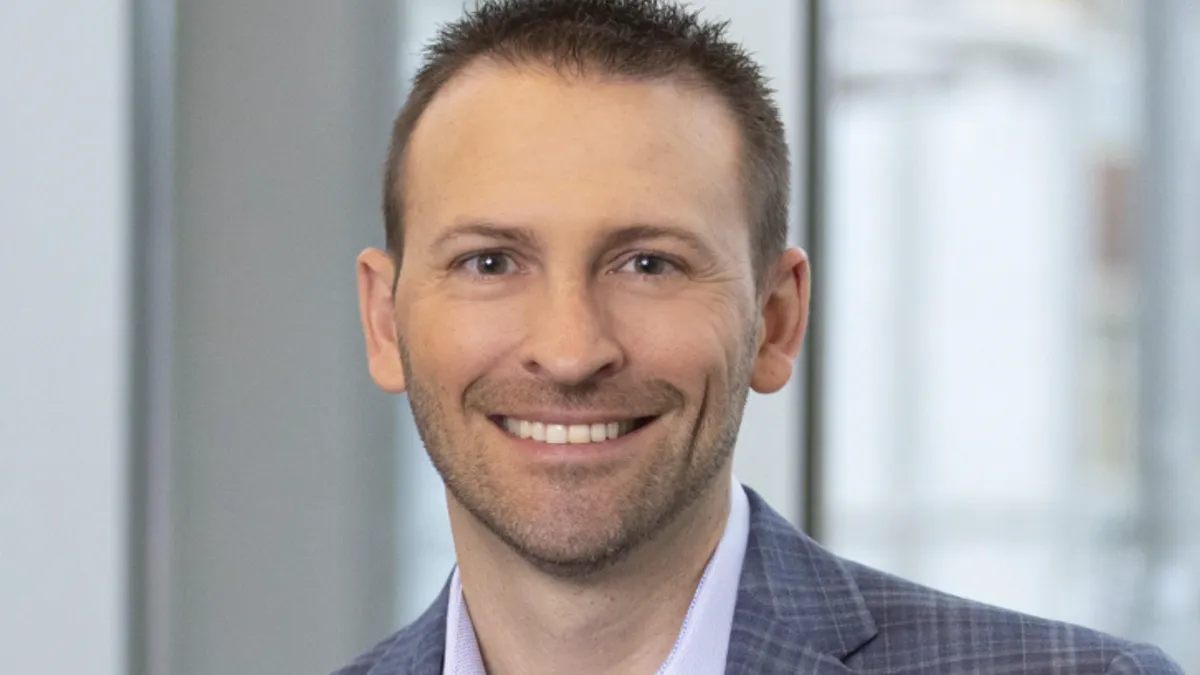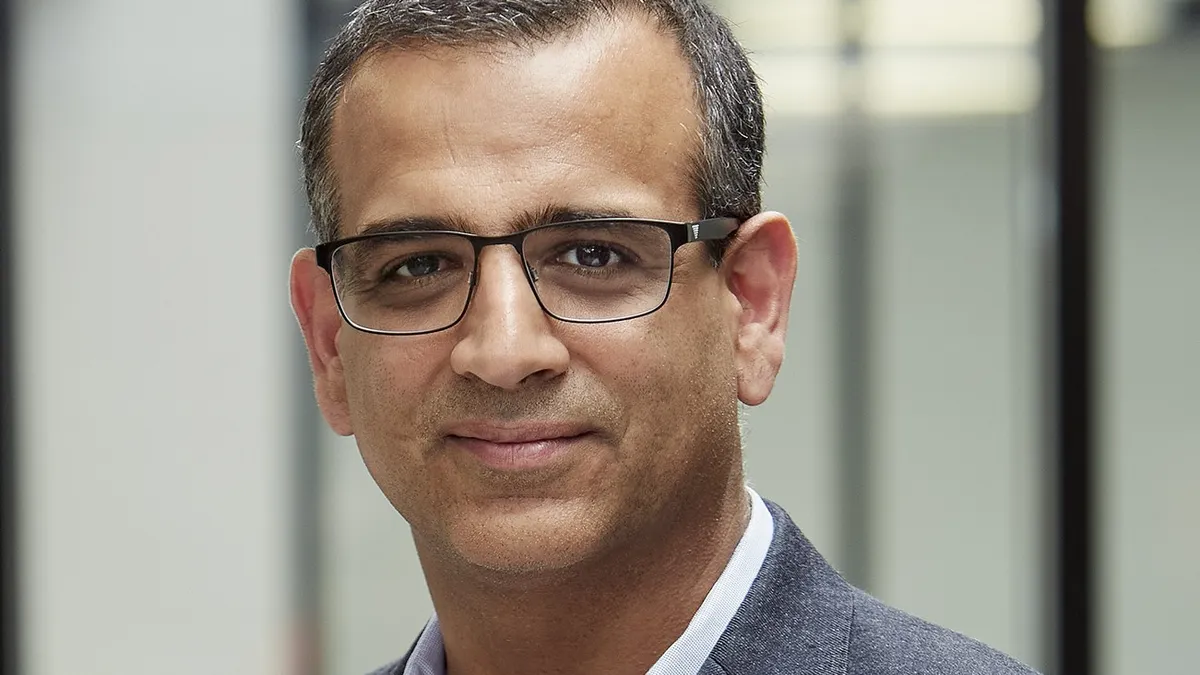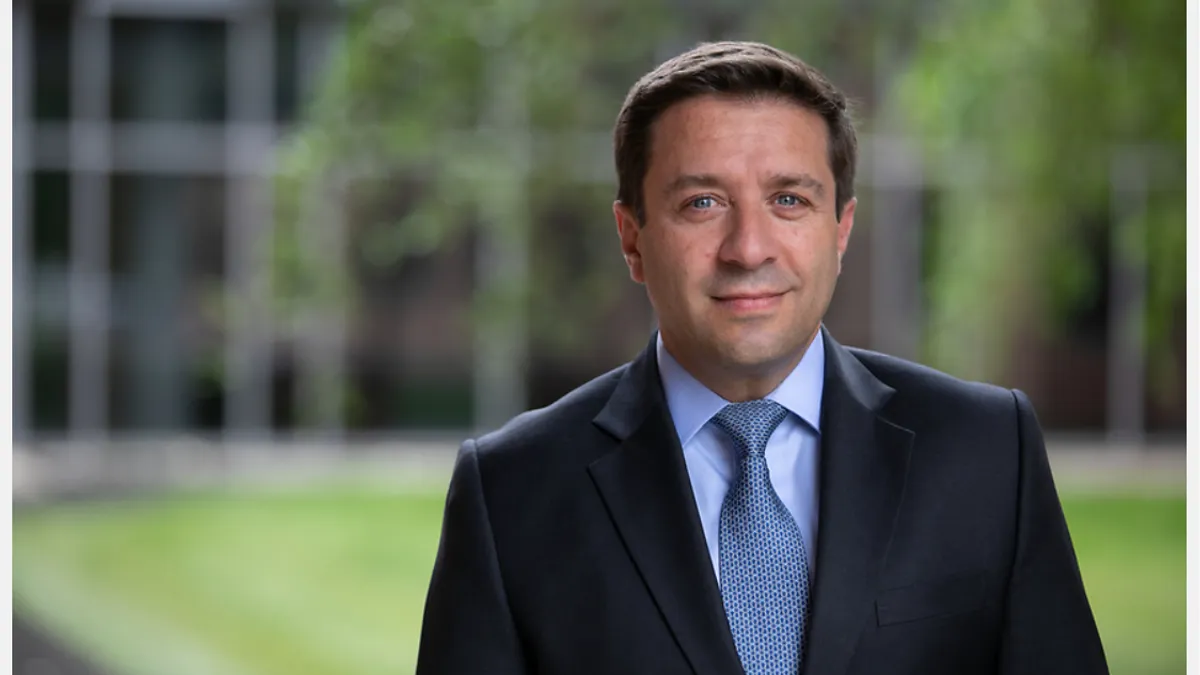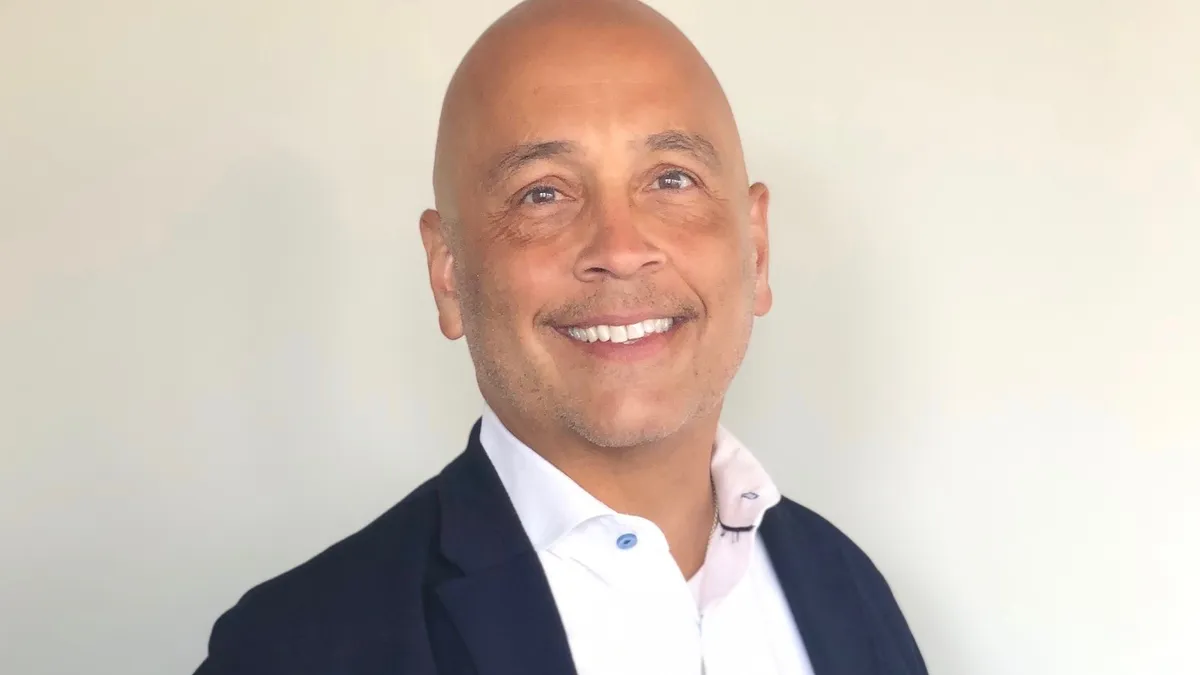Welcome to First 90 Days, a series dedicated to examining how pharma executives are planning for success in their new roles. Today, we’re looking at Dr. Igor Matushansky, Senda Biosciences’ new chief medical officer, about the company’s efforts to create programmable medicines that use proprietary nanoparticles.
When Dr. Igor Matushansky first heard about the Cambridge, Massachusetts-based Senda Biosciences, he thought their approach sounded a bit like science fiction.
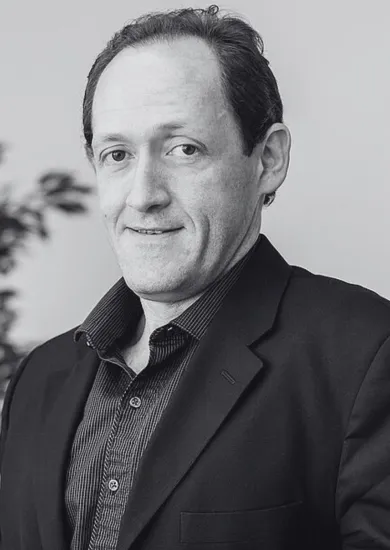
“The thought of swallowing a pill and having the medicine from that pill wind up in the lungs or pancreas or in the liver by design? It’s just groundbreaking,” he said. “Then to be able to put specific genetic medicines — RNA, siRNA, proteins — into those nanoparticles and get them to the right place and actually directly change the underlying biology without going through an intermediate surrogate like a small molecule … it was just mind-boggling.”
Matushansky soon discovered that it wasn’t science fiction at all, and now, he’s serving his first 90 days as Senda’s chief medical officer.
The biotech was founded in 2017 by Flagship Pioneering with the goal of creating programmable medicines that use proprietary nanoparticles to deliver targeted genetic medicines exactly where they’re needed in the body.
While using synthetic nanoparticles for medicine delivery isn’t new, the majority typically wind up in the liver, rather than in the cells or tissues where they’re needed most, Matushansky explained. Senda believes the key to better targeting medicine lies in using natural nanoparticles found elsewhere in nature, including plants and fungi, because these nanoparticles evolved to transfer biomolecules between species, including into human cells.
"I want to see us keep pushing our platform work to the point where we have nanoparticle by design."

Dr. Igor Matushansky
Chief medical officer, Senda Biosciences
By deconstructing these natural nanoparticles and mapping their molecular components, Senda can use that information to design proprietary nanoparticles. The company aims to enter the clinic with its first immunology-based program in the next two years.
“The potential there is huge, and Senda has already begun to show real, solid proof that this is not just science fiction, but actually imminent reality,” Matushansky, who also is a clinical assistant of medical oncology at Columbia University, said.
PharmaVoice spoke with Matushansky about how he’s thinking about the new role, his vision for the technology and his leadership mentality.
This interview has been edited for brevity and style.
PHARMAVOICE: How have you approached your first 90 days?
DR. IGOR MATUSHANSKY: I spent the first 30 days just going to every meeting that I could and listening and learning in terms of how nanoparticles are engineered, how they're designed and how the current experts in the company think about it.
The second 30 days I've been trying to tailor the conversation into [asking] what else can we do and how fast can we do it. Our lead particles currently are designed to get to predominantly immune cells. The company has been generating a lot of data on vaccine targets and vaccine applications, [as well as] other nanoparticles that are coming down the pipe, such as lung targeting and pancreas targeting.
But what else can we do with them? What are other potential applications for this? Can we use the same natural nanoparticles for cancer vaccines? Immunotherapy to treat cancer has been getting a lot of significant attention. That's something we should be looking at.
What about other kinds of immune cells? Are there diseased immune cells that we could similarly target with the same nanoparticle? I'm thinking of leukemia, lymphoma, myelodysplastic syndrome cells. These natural nanoparticle have significant potential.
Where is your expertise and how are you applying it in your new role?
I like to think of myself as a physician-scientist. Over the last decade, my skill set has evolved and I've gotten pretty good at looking at preclinical technologies, preclinical data and seeing how to take that into the clinic in a way [that] makes benefits for patients happen as fast as possible.
"Leadership is not about the number of direct reports. Leadership is about your ability to influence above, below and laterally."

Dr. Igor Matushansky
Chief medical officer, Senda Biosciences
You look at a platform technology [and see] the potential to deliver gene therapy-type medicines — whether it's RNA, DNA, siRNA — to specific places in the body. What is the right thing to deliver? What is the right disease setting to deliver it to and where are these patients? Are these approaches possible? How do we design this [so] when we take our first step into the clinic … it is de-risked as much as possible? If the data isn’t exactly what we want, can we rapidly [determine what’s not working]? I would say [my] expertise is to look at the platform technology and [determine] what is this technology specifically suited to do? What is the problem this technology is uniquely suited to solve as opposed to other approaches?
What are some goals that you have in your role with Senda?
I would say not only getting into the clinic, but getting our drugs to patients and getting patients better. On a weekly basis, I see patients that I can’t cure. It would be nice to be able to get some therapies for these patients. By the time I see patients [they] have advanced cancer … the worst thing I can say to a patient is that you have cancer and I have no options for you. I never want to be in a situation where I have no options for the patient. My goal is to get the drug into the clinic as fast as possible, to give patients as many options as possible.
I'd like to get more than one program into the clinic for multiple indications. But that is only the beginning. We’re talking about developing a company in the next couple of years, and company development takes several forms. What we need to do is continue to work on the platform and improve the platform. I want to see us keep pushing our platform work to the point where we have nanoparticle by design … where if I say, ‘OK, today we’re going after the pancreas,’ we literally take a nanoparticle off the shelf that’s pancreas-specific.
What is the best piece of leadership advice you ever received?
The best advice I got about leadership has to do with hierarchy. People think that leaders are people with the biggest headcount. And I have actually found that not to be a useful metric of leadership. Because anybody who's got to assert their leadership by the number of reports they have doesn't lead in the right way.
Leadership is not about the number of direct reports. Leadership is about your ability to influence above, below and laterally. How much influence do you have in an organization, how much respect, how much does your voice matter? That's the real measure of leadership in any organization.
I've tried to cultivate leadership by [asking] how much does what I say matter? How much weight does my opinion carry in an organization? That has a lot to do with how you present yourself at meetings, how you say things, and of course, what you say.







